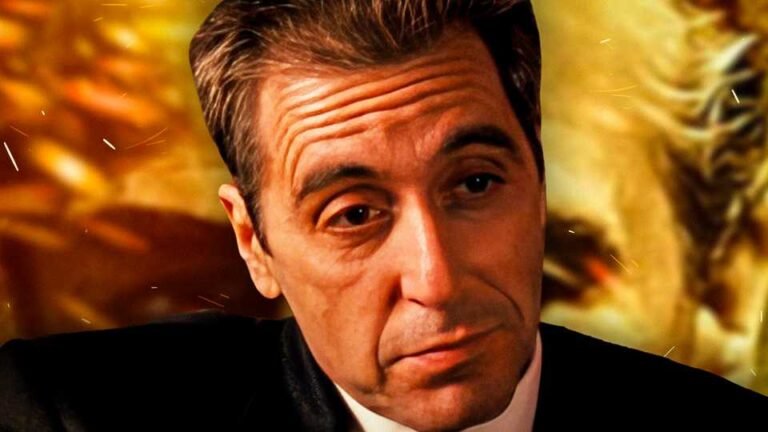
Why Do People Hate on ABBA So Much?
Despite ABBA’s enduring popularity and influence in the music industry, the Swedish pop group has also faced significant criticism and disdain over the years. Understanding why people hate on ABBA involves delving into various cultural, musical, and societal factors.
**Musical Tastes and Trends**
One of the primary reasons for the backlash against ABBA lies in their musical style. Emerging in the 1970s, ABBA’s music was characterized by catchy melodies, lush harmonies, and polished production. For many, this pop-centric sound clashed with the era’s prevailing rock and punk movements, which valued rawness and authenticity. ABBA’s meticulously crafted songs and their often upbeat, danceable nature were sometimes dismissed as superficial or overly commercial.
**Perceptions of Pop Music**
Pop music, by its nature, often faces criticism for being seen as less “serious” or artistically valuable compared to genres like rock, jazz, or classical music. ABBA, with their glittery costumes and stage personas, were frequently perceived as embodying the less respected aspects of pop. This perception was compounded by the fact that many rock purists and critics of the time preferred more “authentic” musical expressions, considering ABBA’s polished image and sound to be antithetical to their ideals.
**Cultural and National Biases**
Another layer of the antipathy towards ABBA comes from cultural and national biases. In the English-speaking world, there has historically been a tendency to prioritize domestic artists over foreign ones. As a Swedish group singing in English, ABBA didn’t fit neatly into the Anglo-American pop narrative. Their Eurovision origins also contributed to a sense of inauthenticity among some critics, as the contest itself has often been mocked or looked down upon in certain music circles.
**Lyrical Content and Themes**
ABBA’s lyrics, while often dealing with themes of love, heartbreak, and human relationships, were seen by some as simplistic or lacking depth. The straightforward, often optimistic or melancholic lyrics didn’t resonate with audiences who were looking for more complex or politically charged messages in their music. This criticism reflects a broader debate about what constitutes “serious” art versus “commercial” art.
**Backlash from Popularity**
ABBA’s immense success also played a role in the backlash against them. It’s not uncommon for immensely popular acts to face resentment simply due to their ubiquity. As ABBA’s hits dominated charts worldwide, their constant presence in the media and on the radio could have led to a saturation point for some listeners, resulting in a natural counterreaction.
**Changing Tastes Over Time**
Musical tastes are inherently subjective and evolve over time. ABBA’s peak coincided with a period of intense musical experimentation and cultural upheaval. As punk, disco, and later, new wave movements gained traction, ABBA’s style was sometimes seen as out-of-step with the more radical or avant-garde trends of the day. This generational shift in tastes meant that ABBA was sometimes unfairly relegated to the status of a “guilty pleasure” rather than a legitimate musical force.
**Reevaluation and Legacy**
Interestingly, in recent years, there has been a significant reevaluation of ABBA’s contributions to music. Modern audiences and critics have started to appreciate the craftsmanship behind their music, recognizing the sophisticated arrangements, the emotional depth of their songwriting, and their pioneering use of studio technology. This shift reflects a broader trend of reassessing once-maligned artists and genres, acknowledging that popular appeal does not inherently diminish artistic value.
In conclusion, the disdain towards ABBA can be attributed to a mix of cultural biases, musical preferences, and the natural backlash against extreme popularity. However, as the cultural landscape continues to evolve, ABBA’s legacy as pop icons and influential musicians has become increasingly acknowledged and celebrated.


